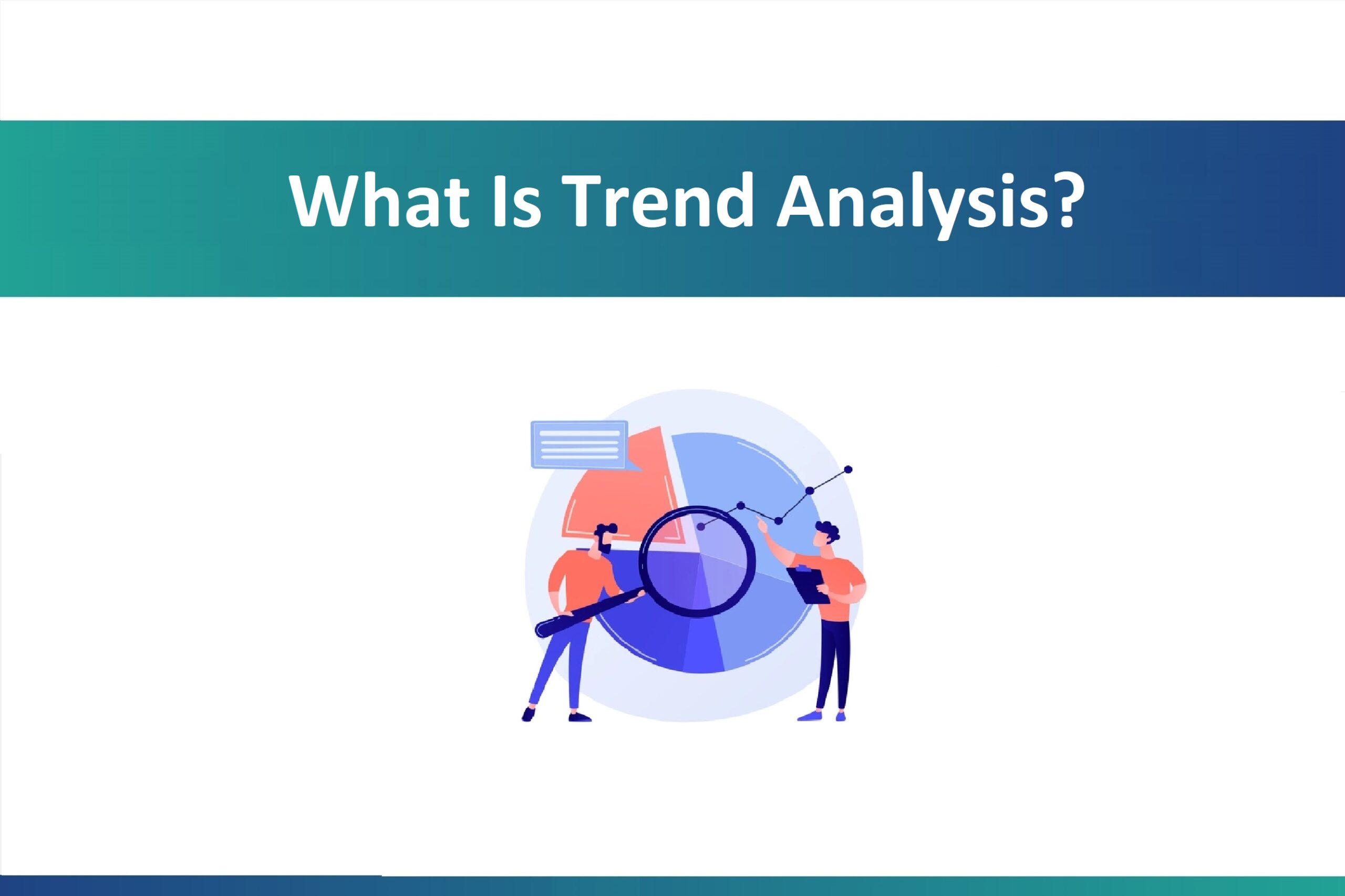Trend Analysis
Trend analysis is a methodical examination of data over time to identify patterns, tendencies, and fluctuations that can provide valuable insights into past performance and predict future outcomes. It is widely used across various disciplines including finance, economics, marketing, and science to uncover meaningful trends and inform decision-making processes.
At its core, trend analysis involves analyzing historical data points to discern the direction and magnitude of change within a particular dataset. This could involve examining sales figures, stock prices, customer behaviors, or any other measurable metric over a defined period. By plotting data points on a graph and observing their trajectory over time, analysts can identify trends such as growth, decline, or stability.
One of the key objectives of trend analysis is to uncover underlying patterns and relationships that may not be immediately apparent from raw data. This may involve identifying seasonal variations, cyclical patterns, or long-term trends that influence the behavior of the dataset.
Moreover, trend analysis enables stakeholders to make informed predictions and forecasts about future outcomes based on historical trends. By extrapolating patterns observed in the data, analysts can anticipate potential changes and proactively adjust strategies to mitigate risks or capitalize on opportunities.
Furthermore, trend analysis serves as a valuable tool for monitoring performance and evaluating the effectiveness of interventions or initiatives over time. By comparing actual outcomes with predicted trends, organizations can assess the impact of their actions and make data-driven adjustments to optimize results.
In summary, trends analysis is a powerful analytical technique that helps uncover insights, predict future outcomes, and drive informed decision-making across diverse domains. By understanding and leveraging trends, businesses and individuals can navigate uncertainty, capitalize on opportunities, and achieve their objectives more effectively.





